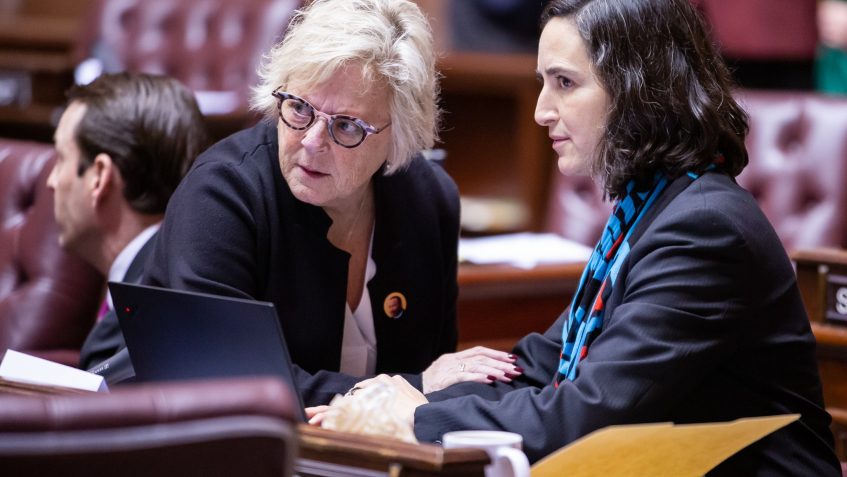Legislation passed today by the Senate would bar juvenile holding facilities from subjecting teens to solitary confinement.
“Studies show that using solitary confinement to improve behavior accomplishes exactly the opposite, and is especially damaging to youths,” said Sen. Claire Wilson (D-Auburn). “Instead of reducing violence and assaults on staff and youth, solitary confinement makes things worse.”
Wilson’s Senate Bill 6112 would:
- Limit the use of isolation to only emergency conditions, with strict guidelines for time and placement;
- Require institutions to document any use of isolation or room confinement; and
- Establish a process for the creation of model policies to follow when the use of isolation, room confinement, or less restrictive alternatives is deemed appropriate.
A study of suicides in juvenile facilities revealed half of all suicides occurred while in isolation and 62 percent of the youth had experienced solitary confinement, Wilson said.
“Solitary confinement is emotionally and psychologically damaging, particularly to young people, who are less developed and more vulnerable,” Wilson said. “It is an outdated practice that inflicts serious, lasting harm.”
This legislation would align Washington with 10 states — including two of the nation’s largest, California and Texas — that have passed laws to ban or limit solitary confinement for juveniles. When the state of Ohio reduced the use of solitary confinement by more than 88 percent in 2015, institutional violence decreased by more than 20 percent.
Having passed on a 38-10 vote, SB 6112 now goes to the House for consideration.

